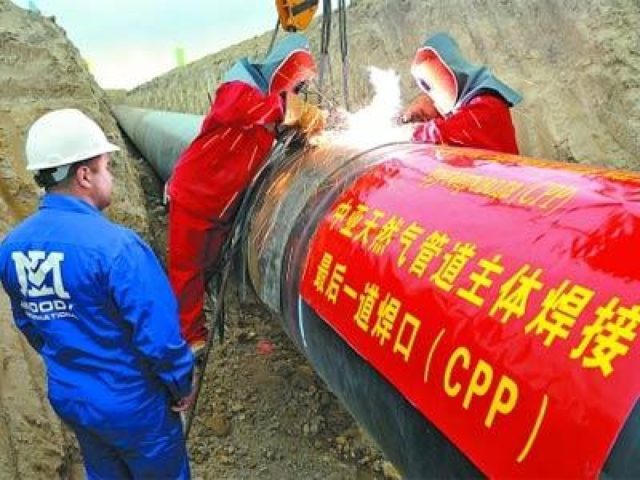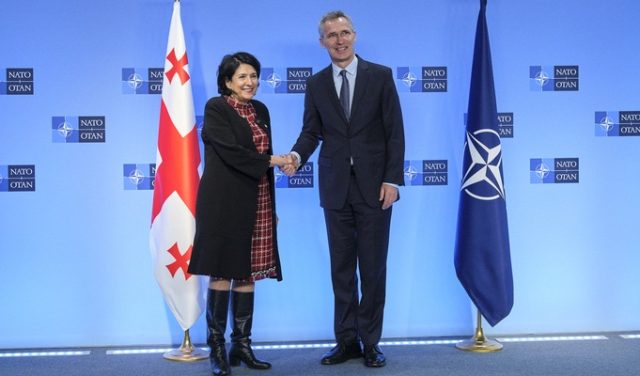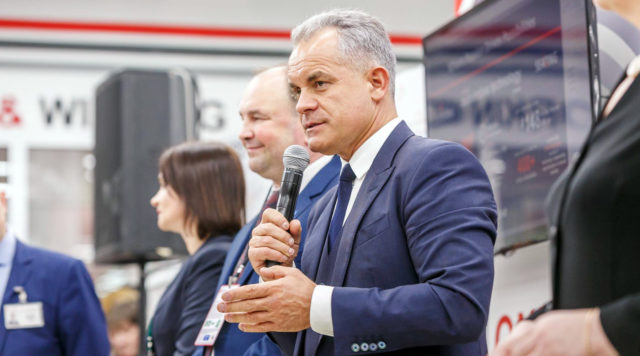Latest Articles about Domestic/Social

Words Matter: Belarus’s Self-Awareness on the Rise
Words matter. If only because they have the power to nudge an individual to see things from a wholly new angle. In that regard, the exchange between Mikhail Babich, Russia’s ambassador to Minsk, and the Belarusian Ministry of Foreign Affairs (MFA) proves particularly meaningful. Two... MORE

Cossacks in Ukraine Back Kyiv Autocephaly; Cossacks in Russia Want It for Themselves
Cossacks in Ukraine and Russia are not the unquestioning soldiers of empire and repression that Moscow, Hollywood and the Western media routinely portray them as being. Certainly, some of the neo-Cossacks that President Vladimir Putin has created to more or less surreptitiously carry out the... MORE

Moldova’s Parliamentary Elections: One Silver Lining Amid Multiple Negative Trends (Part Two)
*To read Part One, please click here. Cleavages along ethno-linguistic and territorial lines underlying party-political divisions are an enduring characteristic of Moldova’s elections, and were again starkly evident in the parliamentary campaign just concluded, on February 24 (see Part One, EDM, March 11). Within this... MORE

Fifth Anniversary of the Land Grab That Cost Russia Its Future
By mid-March 2014, Russian “little green men” took full control of Ukraine’s Crimean Peninsula. And on March 18, President Vladimir Putin made a jubilant address to the Russian Federation Council (upper chamber of parliament) on the “reunification” with Crimea, asserting, “In people’s hearts and minds,... MORE

Russia Tightens Its Grip on Uzbekistan’s Oil and Gas Industry
A major challenge for Central Asia’s oil and natural gas industry has always been how to transport petroleum products from the landlocked region to global markets. That issue resurfaced last week (March 6) in Uzbekistan, where a delay in building a pipeline to export more... MORE

President Lukashenka’s Rhetoric and Belarus’s Future
President Alyaksandr Lukashenka’s seven-hour marathon with reporters, on March 1 (see EDM, March 7), continues to reverberate in the media. Most of the discussions fall within one of four discernible themes. The first has to do with Lukashenka’s expressed proposal to revise the constitution. He... MORE

Georgian President Travels to Europe, Confirms Her Country’s Pro-Western Course
The newly elected president of Georgia, Salome Zurabishvili, is using the first hundred days of her presidency to demonstrate her country’s ongoing commitment to integration into Euro-Atlantic structures. This was recently clearly evidenced by her visits to Brussels, Paris and Berlin. Some experts believe that... MORE

‘Special Outsider’: Russia Joins the Race for Global Leadership in Artificial Intelligence
On February 26, the industrial director of the Rostec State Corporation, Sergey Abramov, declared that work on the fourth generation of the Ratnik future infantry combat system is underway. The system is said to include, among other advanced elements, a soldier’s exoskeleton as well as... MORE

Moldova’s Political Parties Moving Away From Geopolitics
Moldova’s just-concluded parliamentary elections (see EDM, February 26, March 11) have witnessed a “de-geopolitization” of the programs and appeals of political parties to voters. The parties have sidelined geopolitical agendas, moving social issues to the front and center stage. Domestic politics and foreign policies were... MORE

Kremlin’s Destabilization Strategy Ahead of Ukrainian Presidential Elections
Expectations are high that Russia will attempt to interfere in the upcoming Ukrainian presidential elections, scheduled for March 31. Having failed, since 2014, to force Kyiv back into its orbit using purely military means, the Kremlin has been gearing up a broad spectrum of instruments—including... MORE